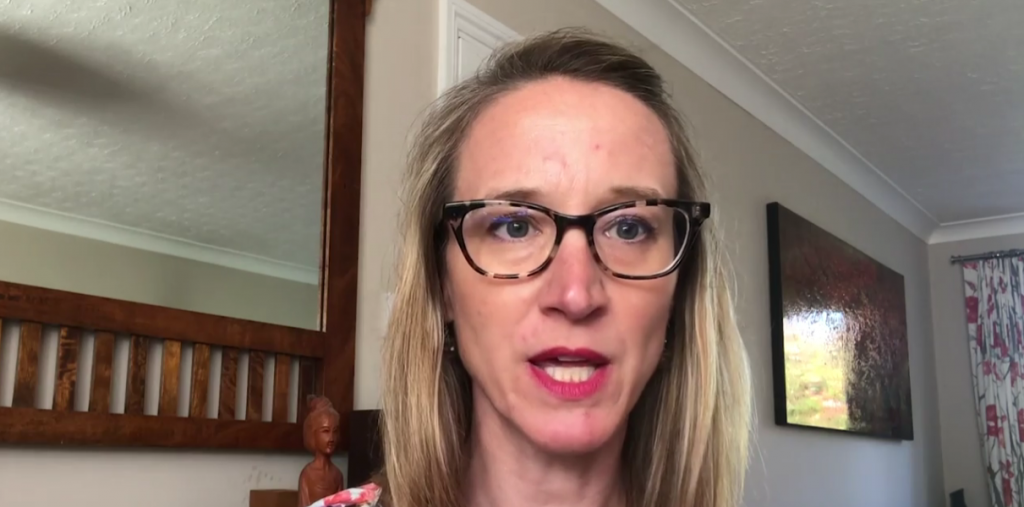Effective employer wellbeing strategies to tackle the threat posed by long Covid need to be underpinned by a solid framework of agencies including insurers and wellbeing providers.
And advisers muct be at the forefront to having these conversations with clients.
This is according to Dr Julie Denning, managing director of wellbeing and rehabilitation services provider Working to Wellbeing, who was speaking at the Protection Review’s ProtectX4 event.
Denning explained that employers need to think differently about long Covid due to the nature of the condition and its many symptoms.
She noted it is very difficult to predict who will contract the condition as while data suggests it mainly affects women, there are no absolutes over who is affected, whether they were previously very fit or have underlying health conditions.
Denning said wellbeing strategies need to take account of the symptoms sufferers tend to experience.
She grouped these symptoms into three clusters:
- Physical – where the sufferer experiences fatigue which can come on in waves, and breathlessness meaning they cannot even climb the stairs,
- Cognitive – where they suffer a brain fog affecting their ability to concentrate on tasks,
- Psychological – where the sufferer has to come to terms with a new condition which limits their ability to carry out tasks that they previously found easy to complete.
Denning added that the long Covid can affect large and small companies alike and strategies need to be tailored to the individual affected.
She said some workers have found it easier to manage symptoms through homeworking, but they must ensure line managers are equipped to have conversations with sufferers about their condition, and that employers offer early intervention and include healthcare professionals who can make an assessment of the worker’s condition.
But Denning said among all of this a wellbeing proposition needed to be underpinned by a very solid framework of agencies involved.
“That would often involve HR, it would involve occupational health, it could involve health and safety, it could involve benefits providers and intermediaries,” she said.
“And then joining up all of this and connecting together all of those different agencies and providing this workplace wellbeing strategy and initiatives.”
Denning also challenged delegates to think about who was going to take responsibility as companies contend with thousands of workers who suffer from long Covid.
“We’ve got to think about whose responsibility that is,” she continued.
“The insurance industry is starting to think about this and a lot of income protection providers are now providing really strong working and wellbeing propositions for their clients, which is great and these often now do include long Covid programmes, helping people to stay at work and get back to work.”
But Denning also urged delegates to think about the large number of workforces who do not benefit from an adequate wellbeing strategy.
“It’s a very large group of people that we need to try and help and support,” she said.
“How can we help for example intermediaries to have a different sort of conversation with their employers and their clients to understand what sort of offerings are out there? What can be provided?
“How can we have this truly integrated offering? How can we think about a holistic service and maybe probably do a little bit of lateral thinking because what an SME will need is different to what a big corporate will need.”
